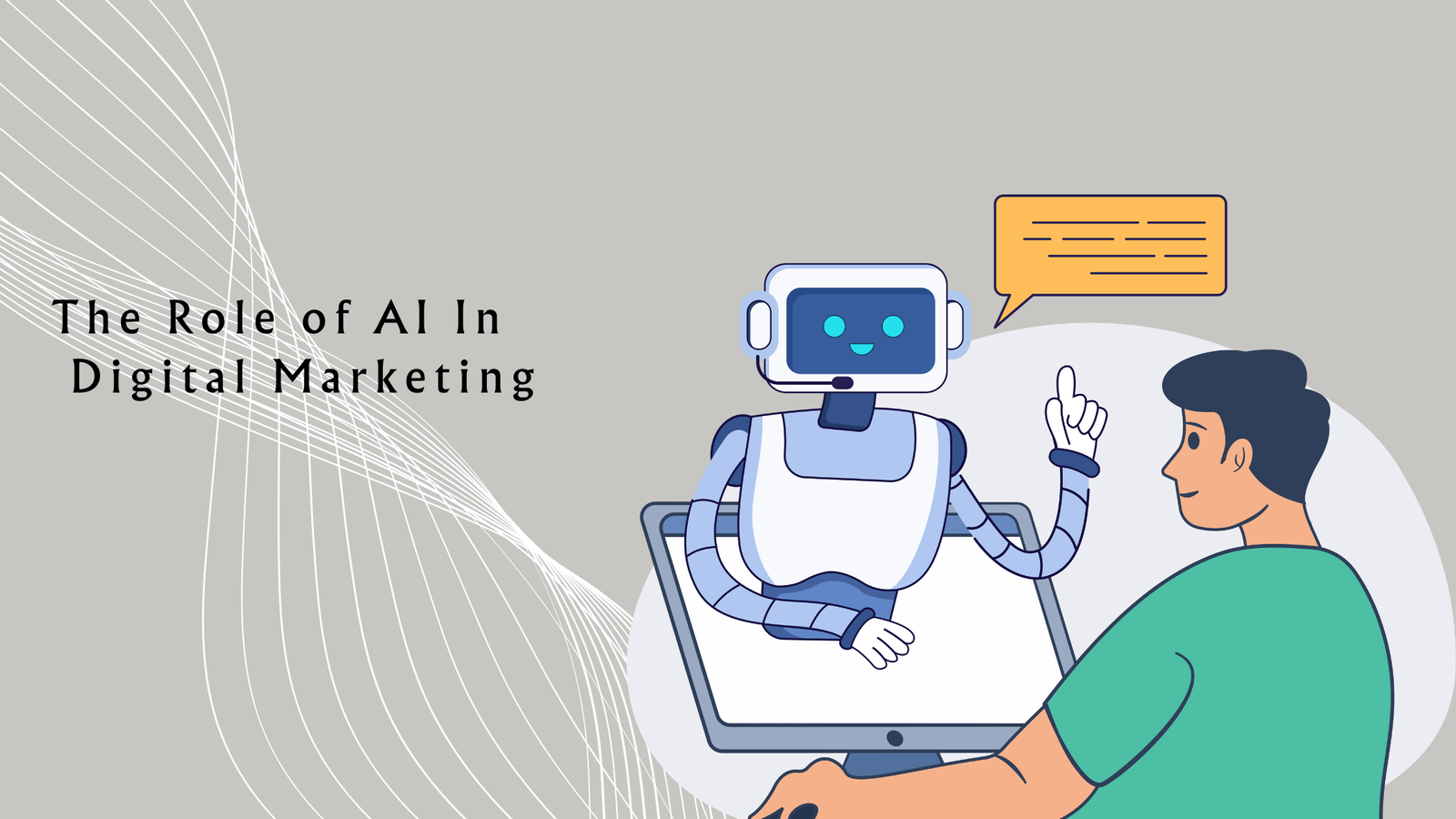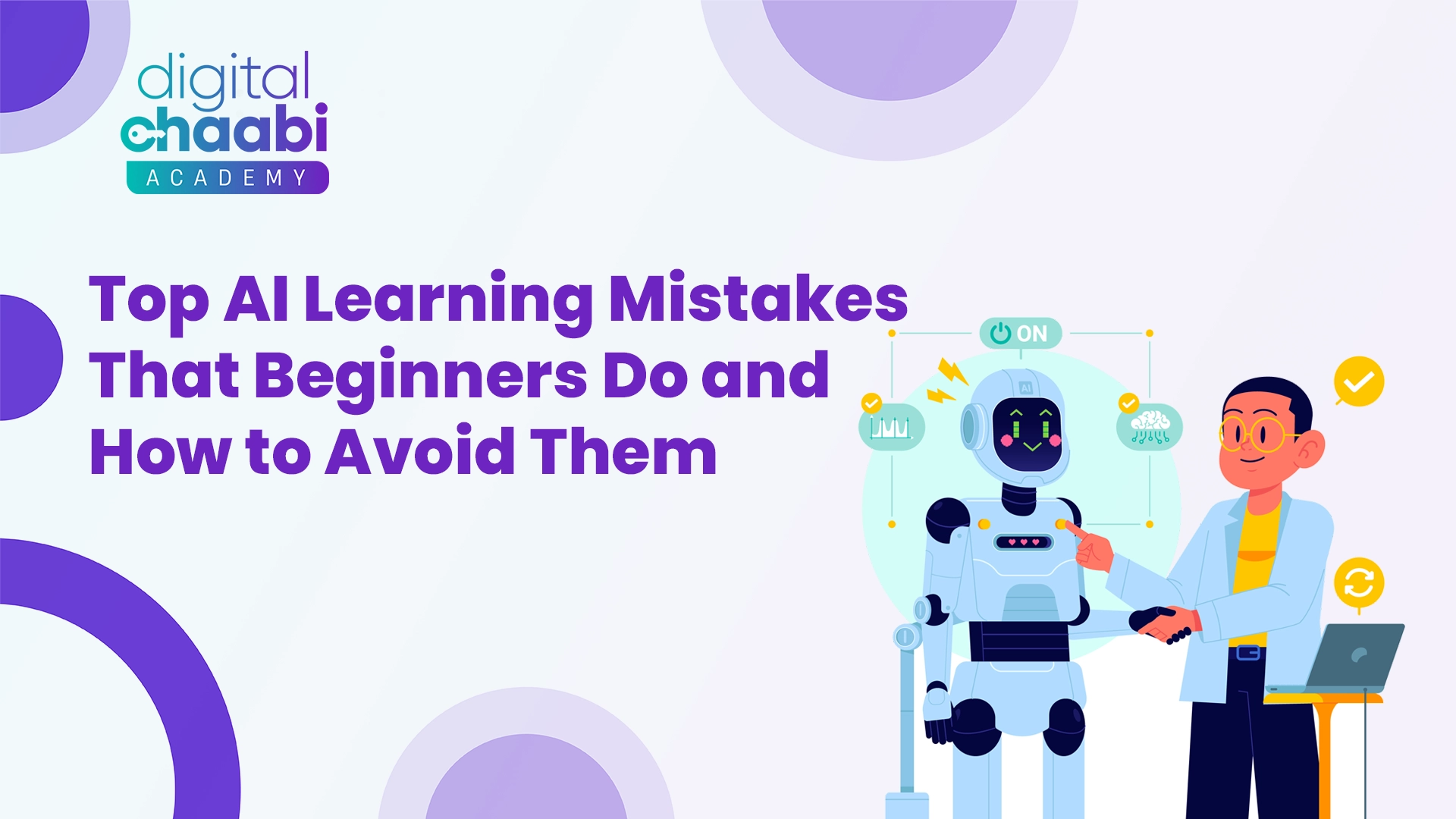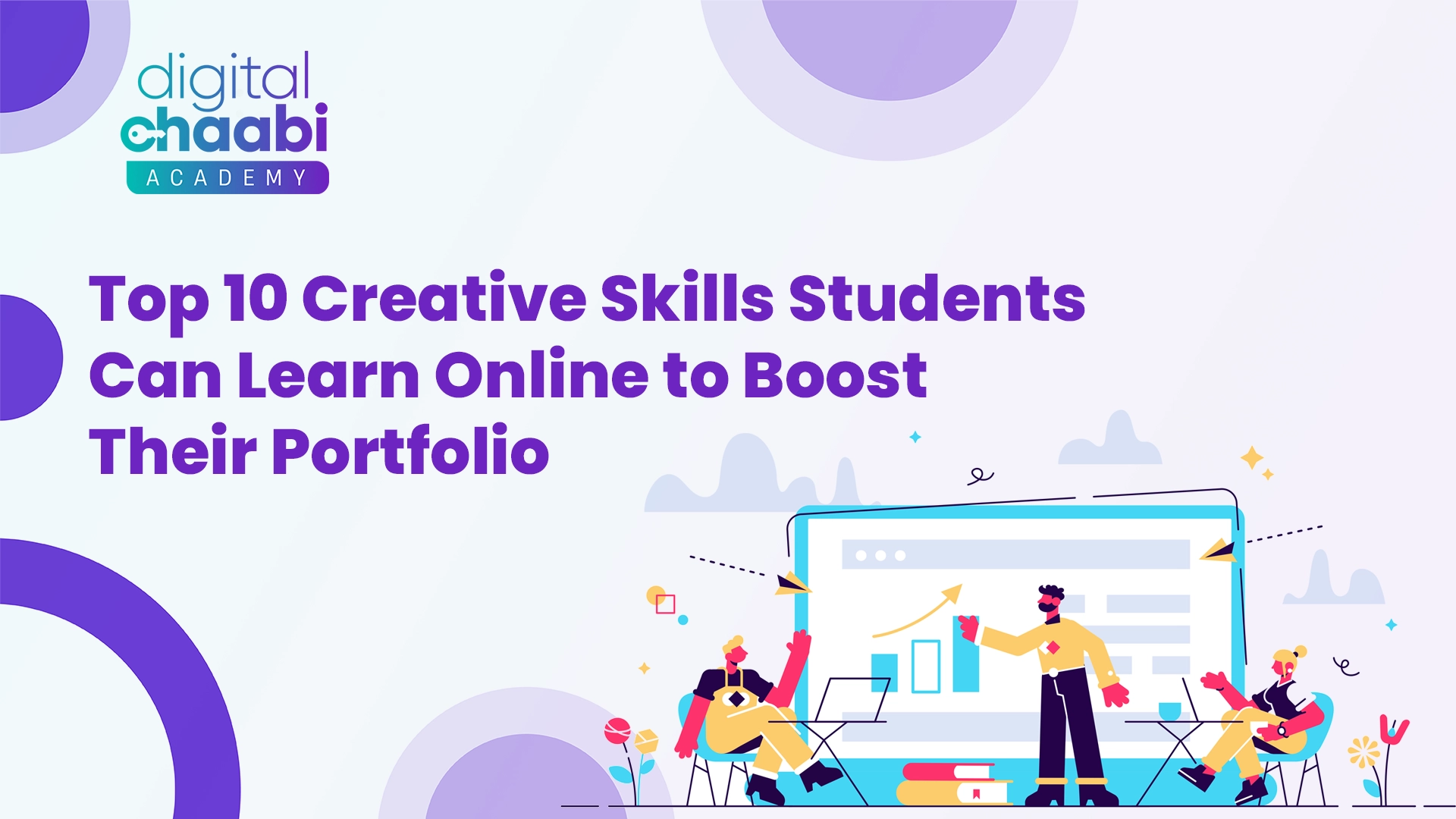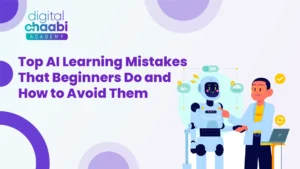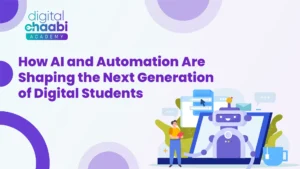Digital marketing has always been about evolution—shifting from print ads to search engines, from email campaigns to social media, and now toward artificial intelligence (AI). Today, businesses are rapidly exploring AI in digital marketing to stay competitive and reach audiences more effectively. What was once considered futuristic technology is now at the heart of modern strategies, reshaping how brands connect with customers.
But what role does AI really play in the future of digital marketing? Let’s explore how ai in digital marketing is transforming campaigns, personalization, analytics, and customer experiences, and why it is expected to dominate the marketing landscape in the coming years.
Understanding AI in Digital Marketing
AI in digital marketing refers to computer systems designed to perform tasks that normally require human intelligence—such as analyzing data, recognizing patterns, understanding language, and making predictions.
When applied to digital marketing, AI helps businesses automate tasks, gather insights, and make data-driven decisions. For example:
- Chatbots that provide instant customer support
- Predictive analytics that forecast consumer behavior
- AI tools that personalize ads and product recommendations
By combining speed, efficiency, and accuracy, AI in digital marketing enables companies to optimize resources while delivering better customer experiences.
Why AI Is Becoming Essential for Marketers
The sheer volume of online data is overwhelming. Every second, millions of searches, social media interactions, and online purchases take place. Without advanced technology, no human team could analyze this ocean of information effectively.
This is where AI steps in. It processes large amounts of data quickly and reveals actionable insights. For marketers, this means:
- Identifying consumer preferences faster
- Predicting buying patterns
- Targeting the right audience with precision
- Saving time through automation
Simply put, AI is no longer optional—it’s becoming the backbone of successful marketing campaigns.
Key Roles of AI in the Future of Digital Marketing
1. Hyper-Personalization
Consumers today expect tailored experiences. Generic emails or ads rarely make an impact. AI allows marketers to analyze user behavior, demographics, and browsing patterns to deliver highly personalized messages.
- Example: Netflix recommends shows based on viewing history, and e-commerce platforms like Amazon suggest products you are most likely to purchase.
- Future impact: As AI becomes more sophisticated, personalization will go beyond basic recommendations to include customized landing pages, product offerings, and even individualized pricing models.
2. Smarter Customer Support with AI Chatbots
AI-powered chatbots are revolutionizing customer service by providing 24/7 support. Unlike human agents, they can handle multiple queries simultaneously and respond instantly.
- Current role: Businesses use chatbots for FAQs, order tracking, and lead generation.
- Future role: With advances in natural language processing (NLP), chatbots will become more human-like, capable of understanding emotions, providing nuanced responses, and seamlessly escalating issues to human agents when necessary.
This ensures businesses can maintain customer satisfaction without overwhelming their teams.
3. Predictive Analytics and Consumer Insights
One of the most powerful uses of AI in digital marketing is predictive analytics. By analyzing past data, AI predicts future trends and consumer behaviors.
- Example: Retailers can forecast which products will be in demand during the holiday season.
- Future outlook: AI will enable real-time predictions, helping brands adjust strategies instantly. Imagine an AI tool that updates ad targeting based on live consumer behavior or market changes—making campaigns agile and cost-effective.
4. AI-Powered Content Creation
Content has always been the core of digital marketing, but producing quality content consistently is a challenge. AI tools are now capable of generating product descriptions, blogs, ad copies, and even video scripts.
- Today: Tools like Jasper or Copy.ai assist marketers in producing written content faster.
- Tomorrow: AI may create personalized video ads at scale, adjusting tone, visuals, and even languages based on the target audience.
This doesn’t mean human creativity will disappear. Instead, marketers will use AI as a partner to speed up the content process, while humans focus on storytelling and emotional connection.
5. Voice Search Optimization
With the rise of smart speakers and voice assistants like Siri, Alexa, and Google Assistant, voice search is growing rapidly. AI plays a critical role in interpreting spoken queries and delivering accurate results.
- Example: Instead of typing “best Italian restaurant in Delhi,” a user might ask, “Where can I get the best Italian food near me?”
- Future potential: Marketers will optimize websites and content for natural language queries, making voice search a major part of SEO strategies.
6. Programmatic Advertising
Programmatic advertising uses AI to buy and place ads in real time. Instead of manually negotiating ad placements, AI algorithms decide which ads to show to which audience, at what time, and on which platform.
- Benefits: Improved targeting, reduced costs, and better ROI.
- Future direction: Ads will become even more precise—reaching users not only based on demographics but also on mood, intent, and behavior patterns detected in real time.
7. Visual Recognition Technology
AI is also enhancing image and video recognition. Platforms like Pinterest and Google Lens already allow users to search using images instead of text.
- Today: Businesses can identify trends by analyzing user-generated content.
- Tomorrow: Marketers might track how their products appear in images across social media and measure brand visibility beyond text-based mentions.
8. Enhanced Data Security and Privacy
While AI gives marketers powerful tools, it also raises questions about data privacy. Consumers are increasingly cautious about how their data is used. AI will play a role in creating secure systems, detecting fraud, and ensuring compliance with privacy regulations like GDPR.
In the future, businesses that balance personalization with transparency will build stronger trust with their audience.
Challenges of Using AI in Digital Marketing
Despite its benefits, adopting AI is not without challenges:
- High Costs: Implementing advanced AI systems can be expensive for small businesses.
- Data Dependency: AI relies heavily on large, quality datasets. Poor data can lead to inaccurate predictions.
- Skill Gap: Marketers need training to effectively use AI tools.
- Ethical Concerns: Over-personalization may feel intrusive if not handled carefully.
Addressing these challenges will be key for businesses that want to fully leverage AI.
The Future of AI in Digital Marketing
Looking ahead, AI will continue to evolve and integrate deeper into every aspect of digital marketing. Here are some predictions:
- Marketing campaigns will become fully automated, requiring minimal human intervention.
- Consumers will interact with brands through AI-powered assistants more than websites.
- Hyper-personalization will become the norm, where every user experiences a brand in a unique way.
- AI will help marketers focus on creativity and innovation while handling repetitive tasks automatically.
In essence, the future of AI in digital marketing lies in striking the perfect balance between machine efficiency and human creativity.
Final Thoughts
The rise of AI in digital marketing marks a turning point for the industry. From personalization and chatbots to predictive analytics and programmatic advertising, AI is reshaping how businesses connect with their audience. While challenges like cost and ethics must be addressed, the potential benefits are undeniable.
For marketers, embracing AI is no longer a choice—it’s a necessity. Those who adapt early will gain a competitive edge, while those who resist may struggle to keep up. The future belongs to brands that can combine the power of AI with human imagination to deliver meaningful, personalized, and engaging customer experiences.

